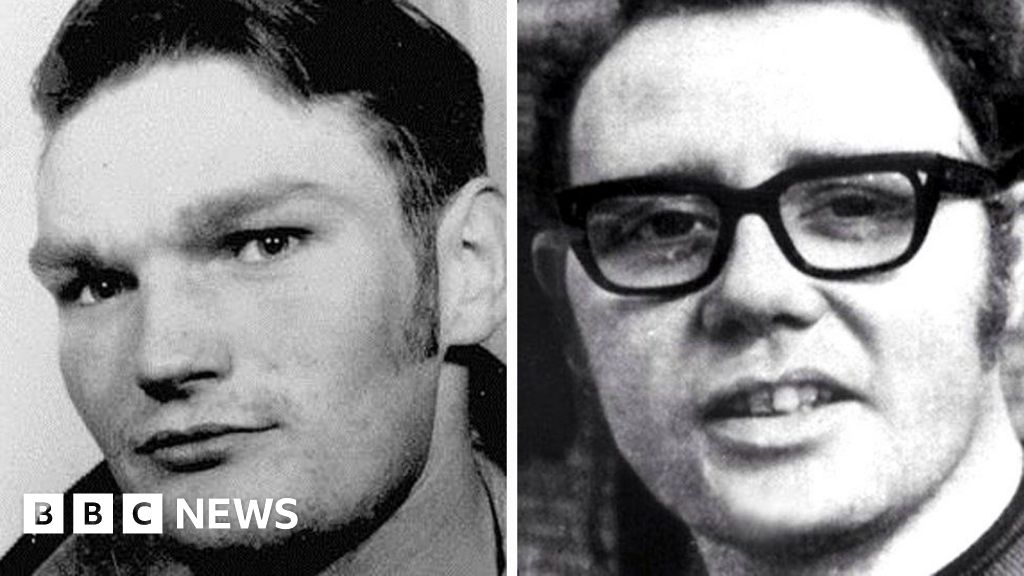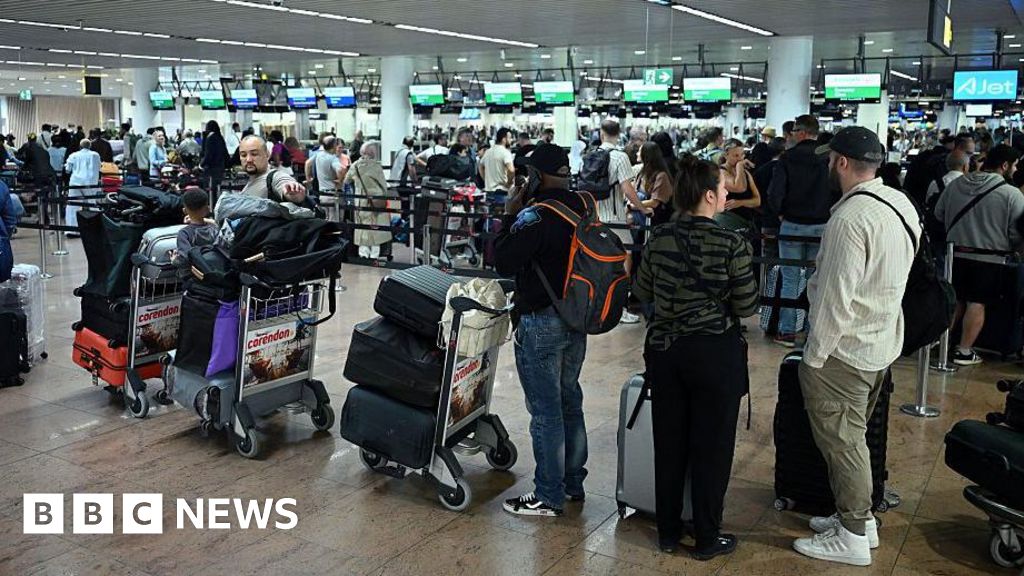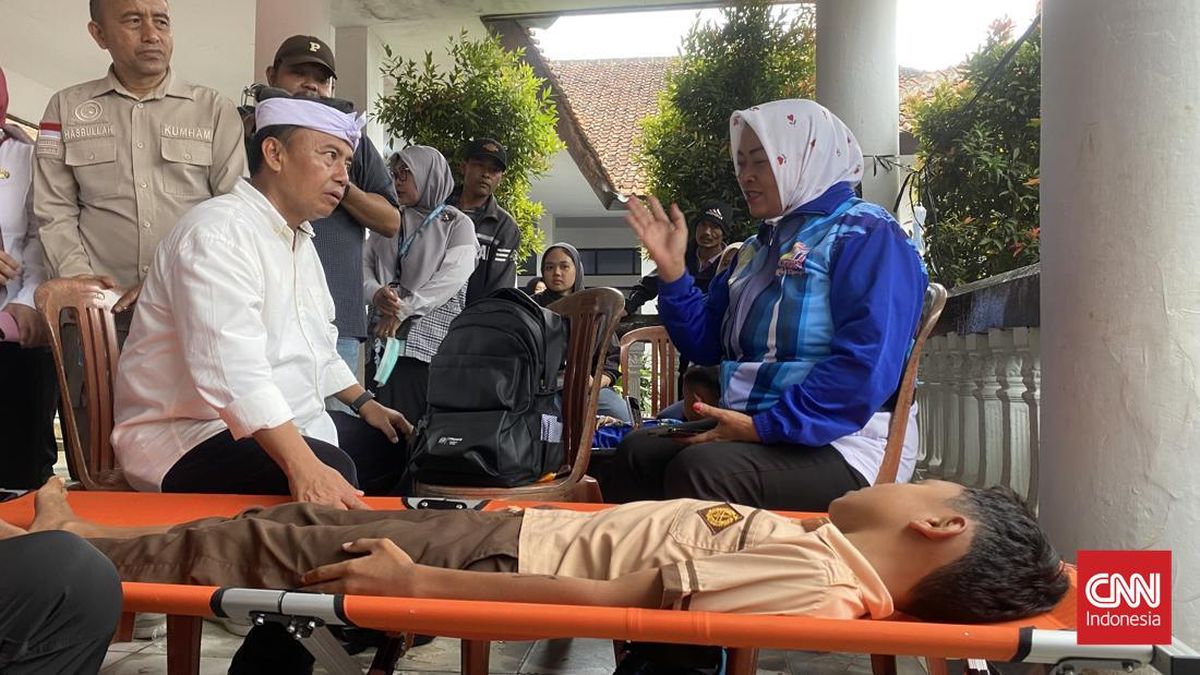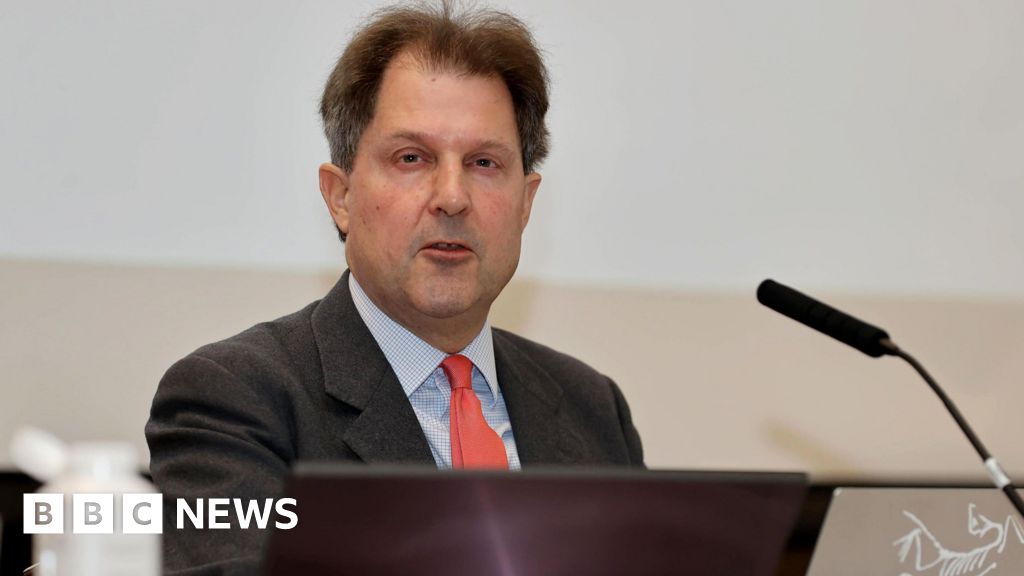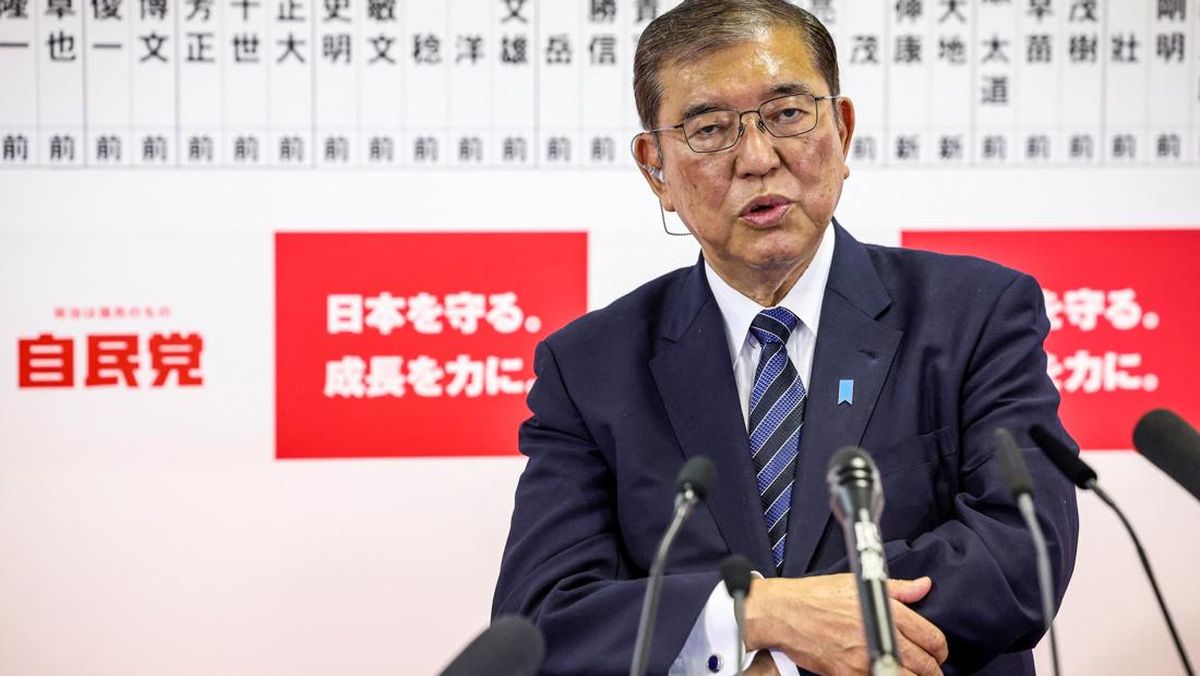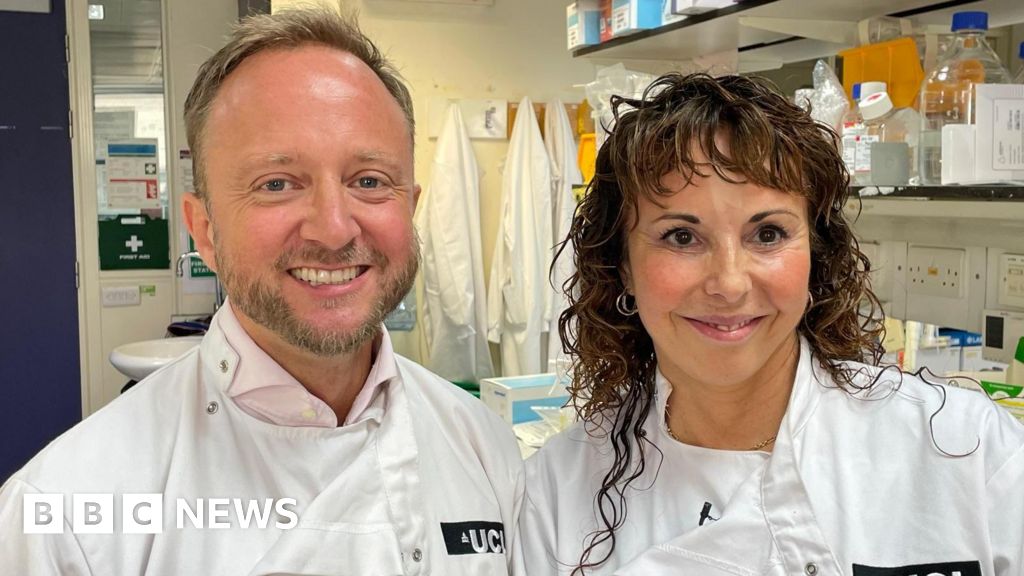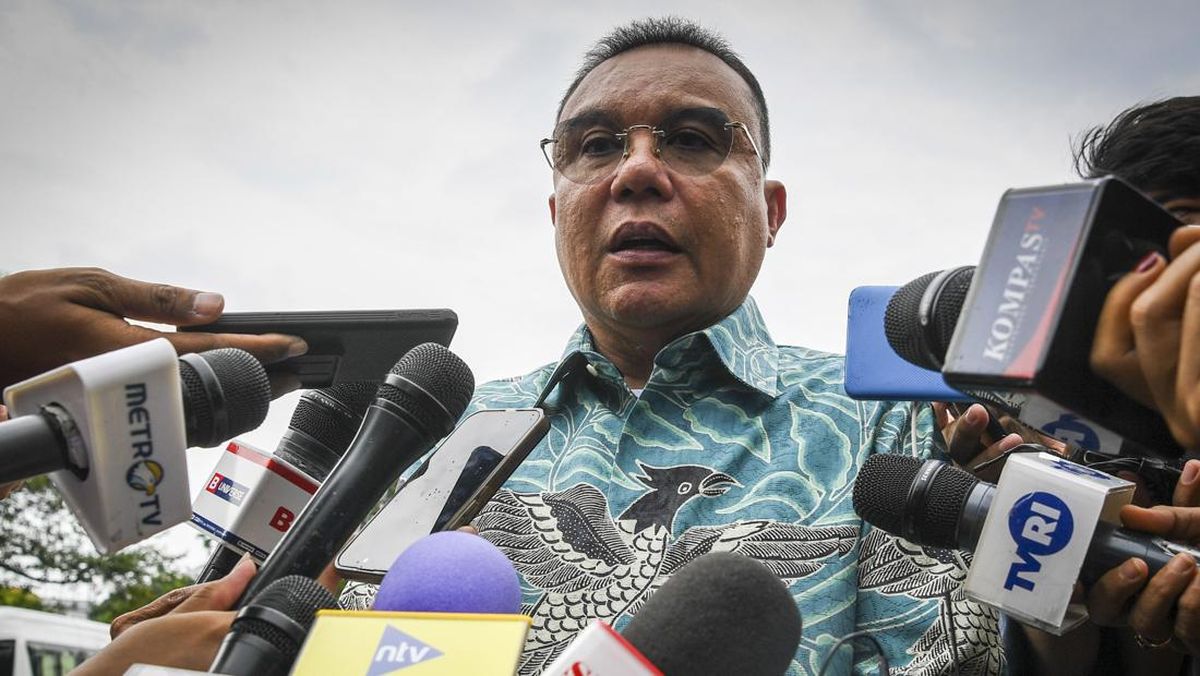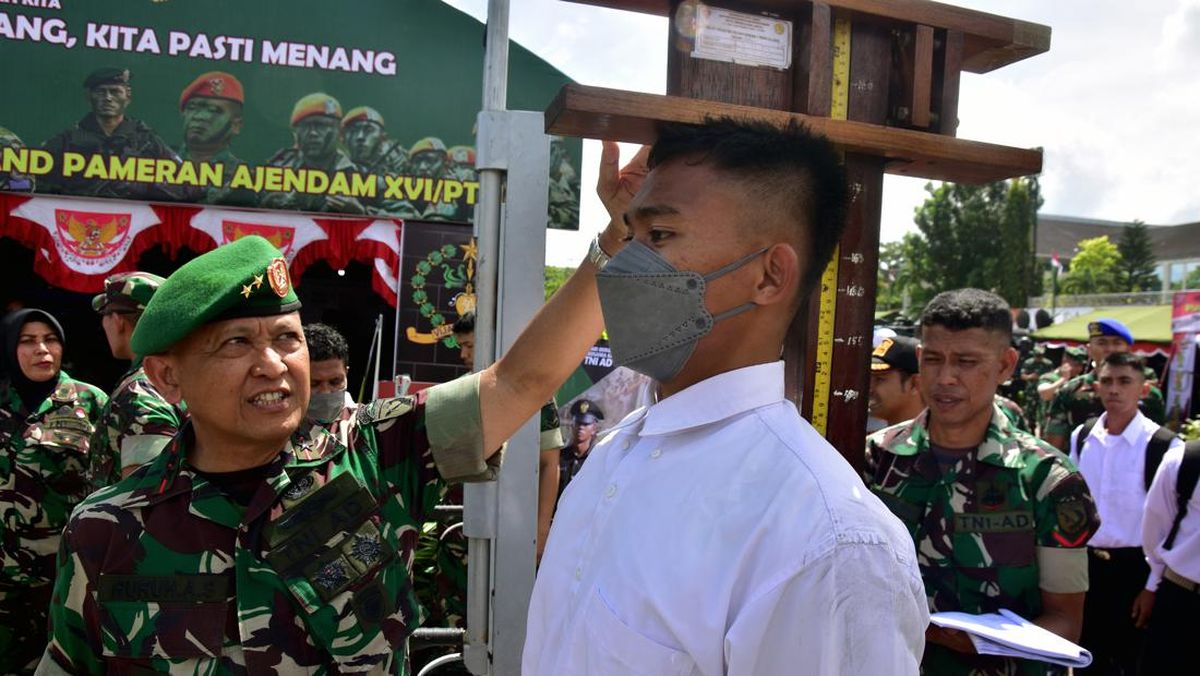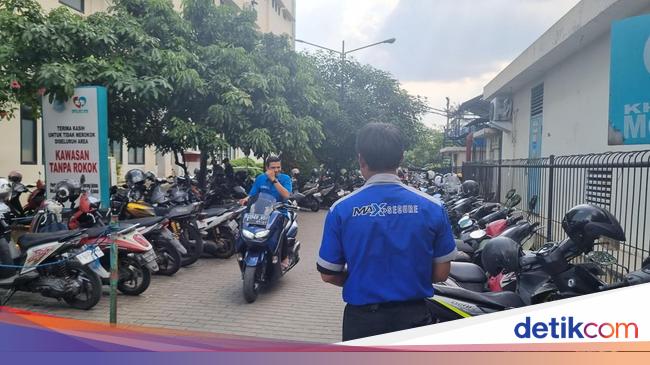NDIS participants will no longer be required to source their own evidence from family doctors or allied health professionals to get support, as costly external reports will be replaced by a lengthy interview with agency assessors in a new planning regime that aims to improve consistency across the $48 billion scheme.
From mid-2026, all participants aged 16 and older who are having their plans reviewed will start being put through a new disability “needs assessment” interview. It will take up to three hours and ask dozens of questions about their support needs, rather than the way they are impaired.

The interview to determine an NDIS participant’s needs will be in person and up to three hours long. Credit: Matthew Absalom-Wong
The questions will be related to 12 areas of life – including mobility, communication, self-care, physical health and domestic life – and the interview conducted by a trained assessor employed through the agency, not an automated system. There will be additional targeted assessments for people with complex needs.
National Disability Insurance Scheme Minister Jenny McAllister said the agency had procured an Australian-designed assessment tool refined over 20 years – a product called I-CAN, provided by the University of Melbourne and the Centre for Disability Studies – to make the NDIS fairer, simpler and easier to use for its 740,000 participants.
Part of the government’s concern is that people who don’t have the means to produce extensive medical reports can be disadvantaged in the planning process, while the agency has previously said that its assessors don’t have capacity to read hundreds of pages of external reports.
“It can take a long time and cost a lot of money for people to source supporting evidence to have a planning meeting. There is a better way,” McAllister said. “This is a crucial step towards ensuring that we use the latest technology to make sure that we meet the needs of Australians with disability.”
But there has been early backlash from parts of the disability community, including a lobbying effort from campaigning group Every Australian Counts, which lodged a parliamentary petition calling for NDIS participants to retain the right to submit their own professional reports.
“The NDIA no longer has to consider the evidence you provide - like your own written account, and reports from your [occupational therapist], psychologist or GP. Instead, decisions will be based on internal assessments that might not reflect your real-world needs,” the group wrote on Facebook.
Improving consistency in the scheme by moving to a new needs assessment protocol was a recommendation of the NDIS review, which suggested sweeping changes to the scheme at the end of 2023. It will be paired with a new planning framework that gives people longer-term plans and releases their funding in blocks.
Changes are being made to the NDIS to bring down its annual growth rate, improve equity in the scheme and preserve its social licence. According to this masthead’s Resolve poll, the same proportion of Australians – 27 per cent – think the scheme is too expensive and should be cut back, as those who think it needs more funding and should grow to serve more people.
Twenty-three per cent of people said the scheme was essential and should be maintained and its current level, while another 23 per cent were unsure.
Loading
The new assessment framework Labor is pursuing has drawn parallels with the Morrison government’s attempt to introduce “independent assessments”.
The former Coalition government similarly argued that people with disabilities had been forced to spend money collecting reports, leading to inconsistent outcomes based on where someone lived or their access to professionals. Those independent assessments were also intended to be free, and take about three hours, to streamline the process.
But the plan was vehemently rejected by the disability community, Greens and the then-Labor opposition.
Former NDIA chief executive Rebecca Falkingham, who left her post this year, told Senate estimates in February that allied health professionals should be freed up to deliver services rather than write reports.
“To be really frank about it, my [agency] staff can’t read the 280-page reports that they get. They can’t do that in a dedicated kind of way. What we are moving towards is a streamlined support needs assessment tool. It negates the need for all of those reports,” she said.
Former Coalition NDIS Minister Linda Reynolds put to her that the government was now “embracing” independent assessments. “A lot of these problems that you are now encountering are because of there being a lot of resistance over many years,” she said.
But Falkingham said there were differences between the approaches. “The support needs assessment will be done with people with disability,” she said.
Loading
“They’ll be actively involved in that assessment process, they’ll be actively involved in understanding the budget, and they’ll be actively involved in the implementation of that plan. Once that budget is produced, there will be opportunities for people to have a review right.”
The University of Melbourne and Centre for Disability Studies will work with the agency to modify the assessment tool over five years, so it is fit for purpose for the NDIS.
University of Melbourne professor of mental health system reform, Jason Thompson, said they wanted to “develop an assessment process that is grounded in evidence and lived experience and will uphold values of validity, fairness and transparency”.
Cut through the noise of federal politics with news, views and expert analysis. Subscribers can sign up to our weekly Inside Politics newsletter.
Most Viewed in Politics
Loading

